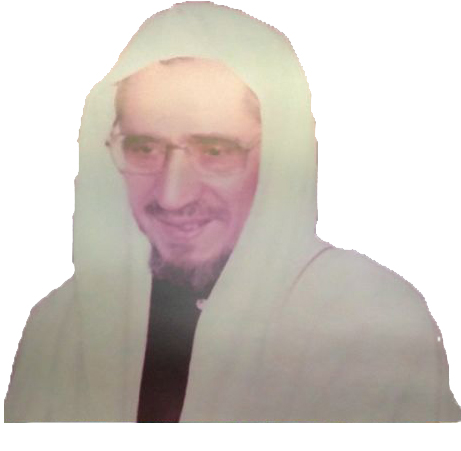Committee for the Promotion of Virtue and the Prevention of Vice (Saudi Arabia)
 The Committee for the Promotion of Virtue and the Prevention of Vice (, abbreviated CPVPV, colloquially termed ''hai’a'' (committee), and known as the ''mutawa'' () and by other similar names and translations in English-language sources) is a government religious authority in Saudi Arabia that is charged with implementing the Islamic doctrine of ''hisbah'' in the country. Established in 1940, the body gained extensive powers in the 1980s and continued to function as a semi-independent civilian law enforcement agency for almost 35 years until 2016, when societal reforms driven by then-deputy crown prince Mohammed bin Salman led to limiting some of its authority through a royal decree by King Salman bin Abdulaziz, including the rights of pursuing, questioning, detaining, and interrogating suspects.
The Committee for the Promotion of Virtue and the Prevention of Vice (, abbreviated CPVPV, colloquially termed ''hai’a'' (committee), and known as the ''mutawa'' () and by other similar names and translations in English-language sources) is a government religious authority in Saudi Arabia that is charged with implementing the Islamic doctrine of ''hisbah'' in the country. Established in 1940, the body gained extensive powers in the 1980s and continued to function as a semi-independent civilian law enforcement agency for almost 35 years until 2016, when societal reforms driven by then-deputy crown prince Mohammed bin Salman led to limiting some of its authority through a royal decree by King Salman bin Abdulaziz, including the rights of pursuing, questioning, detaining, and interrogating suspects.Tracing its modern origin to a revival of the pre-modern official function of ''muhtasib'' (market inspector) by the first Saudi state (1727–1818), it was established in its best known form in 1976, with the main goal of supervising markets and public morality, and was often described as Islamic religious police. By the early 2010s, the committee was estimated to have 3,500–4,000 officers on the streets, assisted by thousands of volunteers, with an additional 10,000 administrative personnel. Its head held the rank of cabinet minister and reported directly to the king. Committee officers and volunteers patrolled public places, with volunteers focusing on enforcing strict rules of hijab, sex segregation, and daily prayer attendance; but also non-Islamic products/activities such as the sale of dogs and cats, Barbie dolls, ''Pokémon'', and Valentine's Day gifts. Provided by Wikipedia
-
1